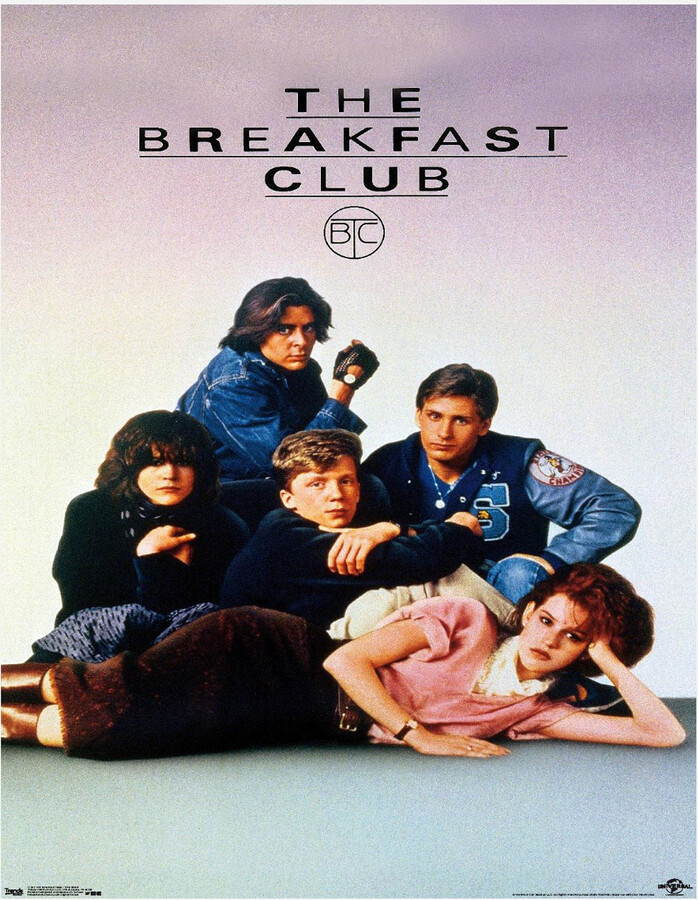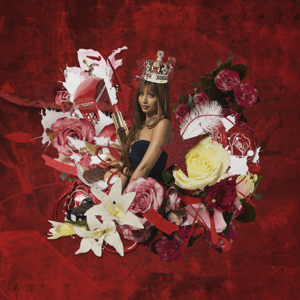WEST LIBERTY, WV – Hi, my name is Matty Lamp, and welcome to Footnotes, my series of album reviews posted exclusively on The Trumpet!
Every month, I will pick a new album released during that month to give my thoughts on each song, as well as the overall album.
For April, I decided to review “The Crux” by Djo. The album showcases a pleasantly unique blend of ideas and song structures while putting a playful modern spin on its 70s and 80s inspirations. Without further ado, let’s dive into Djo!

Lonesome is a State of Mind:
Djo starts out “The Crux” with Lonesome as a state of mind, experimenting more with acoustic instruments while staying true to their sound. The song starts out very moody and soft, then picks up into a happy-go-lucky but bittersweet instrumental in the latter half. You can already hear the ’80s inspiration with the track’s electric drums, clear synth, and sliding guitar.
Basic Being Basic:
“Basic Being Basic” blends perfectly after the first track. With its plucky synth line, stripped-back drums, and nonchalant vocal delivery, you can feel 90s sensibilities in this song, similar to bands like Cake and Blur. This song serves as a cheeky commentary on rapid trend cycles and the desire for individualism based on not wanting to like things that are popular.
Link:
Yet another great transition from the previous song. This song has Wham!-style energy, from the electric guitar to the punctuated, fun vocal rhythms that make you want to dance on the table. This juxtaposes the song’s message of “breaking the chain” of imposter syndrome and feeling like you don’t have enough despite being successful.
Potion:

This song is so cute, and I can definitely see this becoming everyone’s next Valentine’s Day Instagram caption song. This tune about wanting to find simple, kind love has the same vibe as Fleetwood Mac’s “Never Go Back Again.” It is definitely one of my favorites on the album.
Delete Ya:
This track was a great surprise and an intriguing shift from the tone of the previous three songs. “Delete Ya” is one of the most unique songs on this album in terms of instrumental and lyricism. It is sad and wistful with its goth rock style reverb guitar, which matches the feeling of lamenting a situationship. The distorted growl vocals in the bridge also add a distinct vibe that the song doesn’t share with any other on the album.
Egg:
“Egg” features Djo’s signature muffled vocals, and it feels like you’re traveling through jello with a break for air during pivotal moments of the song. It is definitely not an easy listen, but it is still enjoyable to listen to when you have the time to sit down and ingest it. It is longer than other songs on the album, and it leaves you with much to think about.
Fly:
This song is like if Jeff Buckley and The Beatles met a sentient robot that yearned for love and enjoys bedroom pop. The dreamy guitar and visual lyrics make the song feel like you trudged through a snowstorm and came across a nice, warm cabin (which is very fitting for the lyrics).
Charlie’s Garden:
After “Fly,” The Beatles possessed Joe Keery for 3 minutes and 26 seconds. The song sounds like a hopeful little summer afternoon romp, with a clarinet solo to top it off. Notably, the Charlie mentioned in the title (and whose voice appears in the song as a phone message) is Keery’s Stranger Things co-star, Charlie Heaton.
Gap Tooth Smile:
After the last song, Keery threw us full-force into a Britpop-inspired bop (complete with a Queen reference in the lyrics and a Talking Heads-style vocal delivery. The tambourine and drums shine on this song, as well as the quirky and vivid lyricism. One of my favorite unconventional lyrics from this song is “she makes me roly poly with her dada smile.”
Golden Line:
“Golden Line” is less lyrically dense than other songs on “The Crux.” Similar to previous songs, Djo combines Beatles-like hazy harmonies with a piano line reminiscent of Elton John. The song is a nice wind-down to start the end of the album with.
Back on You:
Djo really has a talent for blending songs into each other. “Back to You” transitions from Golden Line with an angelic introduction sung by the Brooklyn Youth Choir. This song marks a lighthearted shift from romantic to familial love as he celebrates his relationship with his sisters (who are actually in the song). Although this song doesn’t stand out sonically amongst others in the album, it is still a heartwarming gesture that allows you to appreciate Keery’s emotional openness about his personal relationships, an overarching theme of “The Crux.”
Crux
Finally, wrapping it up with the name of the album, “Crux” showcases more existential themes of not feeling successful amongst others, like in “Link,” but trying to find value in yourself otherwise. It starts sad and becomes more peaceful as the song goes along, ending with a distant chant like you’re being ascended to Heaven.
Overall, I would rate “The Crux” a solid 8.5. I really loved how Djo had a clear vision for this album while adding little things to each song to keep his distinct style fresh. This album is a breath of fresh air from current alternative pop, and I will definitely have to find it on vinyl (most likely at Nail City Records. Shop local!)
That’s all for now! If you have any suggestions for which album I should review next, email us at [email protected].
See you next month!







